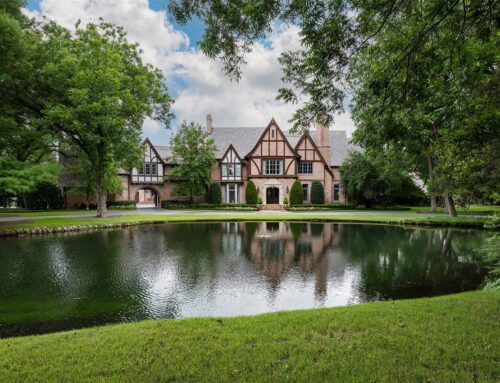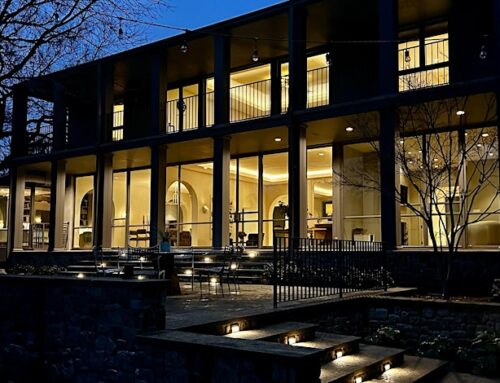Jack McCormack will spend most Saturday afternoons this month the same way he spent most Saturday afternoons last month and the month before. In fact, it’s the same way he has spent much of his free time for more than 60 years: playing bridge.
In all that time, he has never become bored with the game. But even more surprising, he says he’s still never learned it.
“You’ll never learn it,” he says. “You’ll get better — I shudder to think how badly I played early on — but you’ll never get to the point of playing flawlessly. That’s part of the fascination.”
That fascination is what keeps bridge players from around the Metroplex coming to the Valley View Bridge Club in our neighborhood. Every day of the week, dozens of players gather to compete in the game they say never gets old.
“It does not get boring,” says club co-owner Preston Morrow. “If I had time, I’d play twice a day, every day. You’re never gonna pick up the same hand twice, so it’s a continual problem-solving enterprise.”
Members play duplicate bridge at the club, with every table of four playing the exact same hand. That way, partners don’t just compete against opponents at their table; they go up against every other player in the room.
“The whole idea is to make it a game of skill, not luck,” says Gerrie Owen, the club’s other co-owner. “At home, if you pick up high cards, you win. But not here. Every table has the same cards, so someone else can earn more points than you, based on how they play them.”
Players accumulate points over a lifetime, reaching a number of different milestones along the way. But the points never really win them anything, other than the chance to play increasingly more difficult games and, of course, bragging rights.
Morrow says that’s part of the fun, and personal rivalries and side bets are always going on among players.
“We’ll have some players who say: All I need to know is did I beat so-and-so,” he says with a laugh.
“It’s a very ego satisfying game,” Owen says. “People like to win.”
The rules of play — and there are lots of them — are standardized by the American Contract Bridge League. So people traveling to
“You can play it anywhere,” he says. “I’ve played it in
Most of today’s bridge players are older adults, but McCormack says it hasn’t always been that way.
“It changed with the feminist revolution,” he says. “From the ’50s to the ’70s, women would drop their kids off at school, go play bridge, then go back and pick the kids up. Then they started going to work instead, and the game didn’t get the new players it used to get.”
And in recent years, he says, there has been something of an influx of younger players to the game. He says that might also be the result of a revolution: the technical one.
“They may be picking it up on the computer,” he says. “But I hope they will decide there’s more to life than playing some computer game. I think they’ll get more out of it by playing it with people.”






